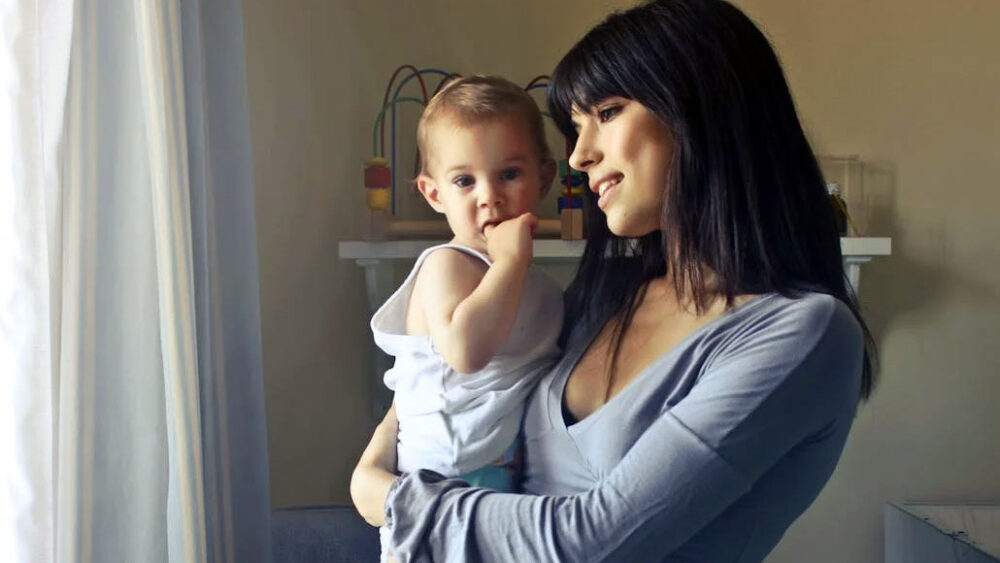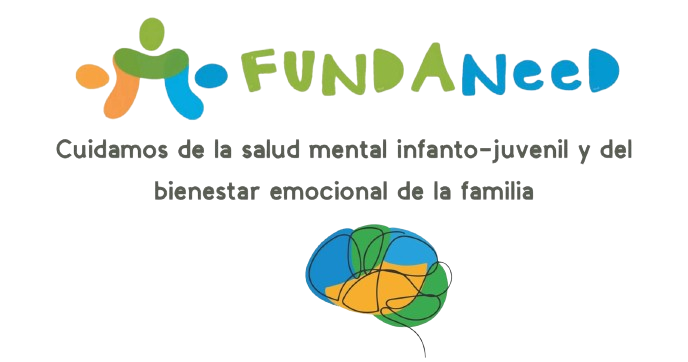The Council of Ministers of Spain has given the final green light this Tuesday to the Families Act, promoted by the Ministry of Social Rights and Agenda 2030, which, among other measures, recognises the diversity of family situations and addresses the “reconciliation emergency” with new paid leave for the care of children, parents and cohabitants.
The Families Act, which was approved in the first round last December, will now be sent to the Congress of Deputies to continue with its processing.
“Too many times we have asked mothers and fathers to be superheroes and superheroes, to achieve everything, with almost no policy to support families. This had to change”, warned the Minister for Social Rights and Agenda 2030, Ione Belarra, in statements to the press before the Council of Ministers press conference.
Family care leave
She added that “Spain has a work-life balance emergency” and, for this reason, the new law creates three types of care leave, the first of which is paid care leave of five days a year to care for a family member up to the second degree or for a partner, which workers can use in the event of a serious accident or illness, hospitalisation or surgery without hospitalisation that requires rest.
It also includes an eight-week parental leave, which can be taken continuously or discontinuously, until the child reaches the age of eight; and a four-day leave of absence to attend to a family member who requires immediate attention, which can be taken by the hour, “for when, for example, you get a call from school because the child has fallen ill”, as Belarra pointed out.
Support for parenting
In terms of support for child-rearing, the child-rearing income of 100 euros per month will be extended structurally to families with children up to the age of 3. This extension includes all mothers who are receiving unemployment benefits, whether contributory or not, and also those who, without previously meeting the requirements, have paid contributions for 30 days after giving birth. Similarly, the right to free, quality early care, not limited to early childhood, will be recognised.
Furthermore, the text guarantees full recognition of the different types of families that already exist in Spain, equalising their rights. Thus, LGTBI families, families with members with disabilities, multiple families, adoptive families, reconstituted families and foster families, among others, will be legally recognised.
Permit for unmarried couples
The law also advances in the equalisation between married and unmarried couples, guaranteeing that the latter will have access to the 15 days of registration leave equivalent to marriage.
In addition, since the passing of the law, the designation of ‘Families with greater needs for parenting support’ has been created, which includes “large families”, in addition to: single-parent families with two children; families with two children where an ascendant or descendant has a disability; families with two children headed by a victim of gender-based violence or by a spouse who has obtained sole custody without the right to alimony and families with two children in which one parent is in hospital treatment for one year or has been in prison.
On the other hand, families that until now were considered large families in the general category, such as those with four children, instead of the current five; families with three children in the case of multiple births, instead of the current four; and families with three children and a low income (up to 150% of the IPREM, Public Indicator of Multiple Effects Income) will be considered families with greater needs for childcare support in the special category.
With regard to mother-only families, Belarra stressed that society has “a debt” to this type of family, although she pointed out that the specific measures achieved with the law are not enough. “We wanted to have gone much further, but we are beginning to reverse an unfair situation that the state cannot allow,” she lamented.
Source: Salamanca Hoy



Comments are closed.